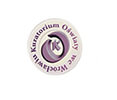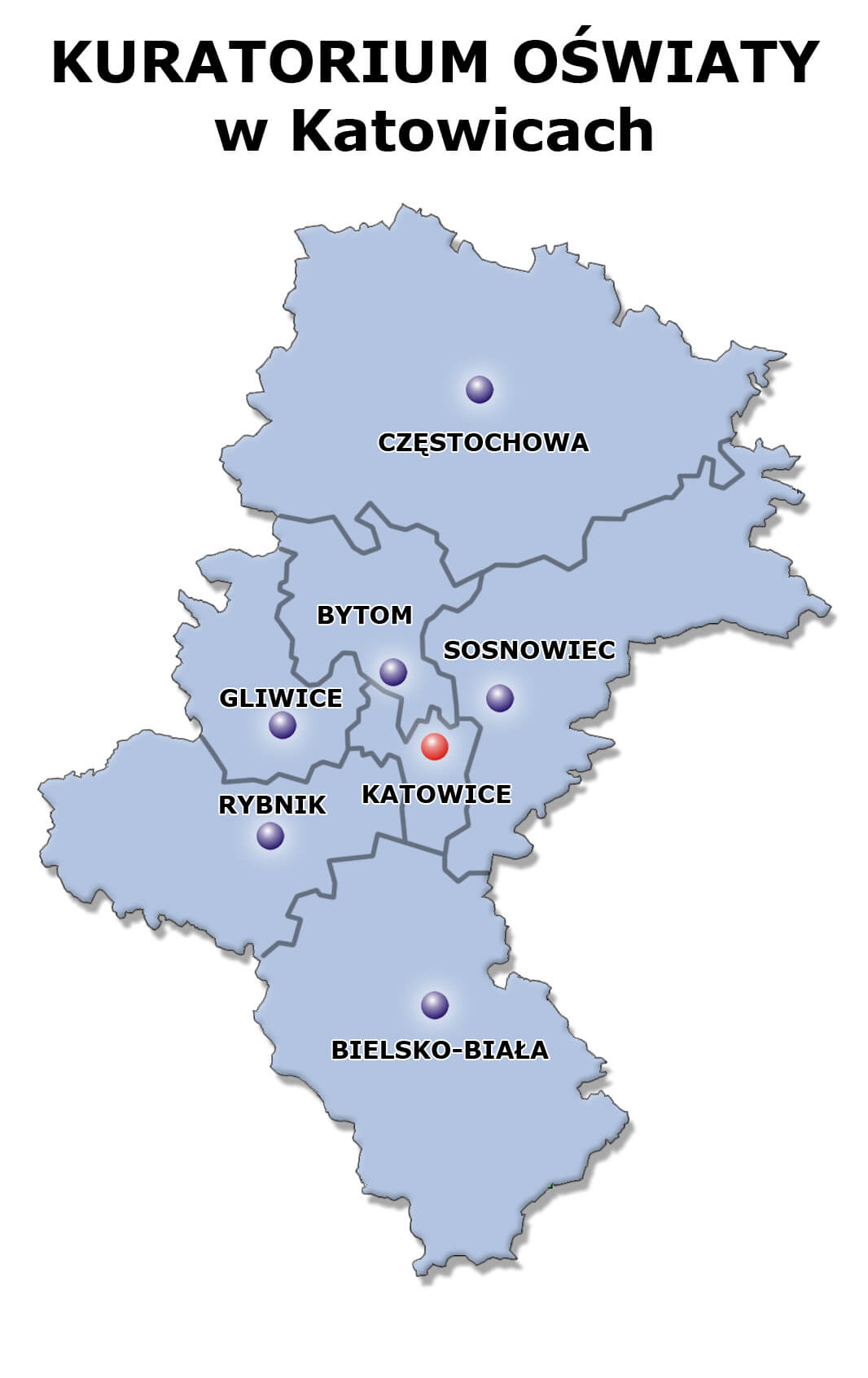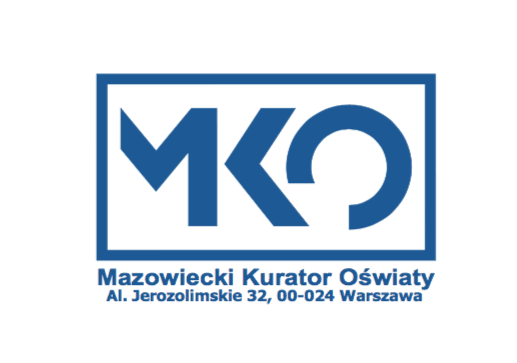Universities
Applying for studies in the USA takes more time than in Europe, so it is advisable to start the procedure a year to a year and a half before the actual beginning of the studies.
The U.S. Embassy in Warsaw and the Consulate in Krakow, together with the Polish-U.S. Fulbright Commission, offer a mentoring programme for Polish school and university students willing to study at American universities.
More information is available here: http://www.educationusa.pl/
PLAN AHEAD
Most American universities require Common Application: https://www.commonapp.org/Login which can be sent from August. In this application, you provide your data and grades and choose universities you want to apply to.
You will also need letters of recommendation from your teachers. You have to write an essay on a chosen topic, maximum of 650 words long. Apart from the Common Application, around 2/3 of universities require additional applications, usually essays – details are available on each university’s websites.
ADDITIONAL EXAMS
In most cases, you also need to pass tests like SAT or ACT (ideally one year before the beginning of studies at the latest).
FIRST COME, FIRST SERVED
The application period is from mid-October to early September for Early Decision and to January for most of the other applications. Early Decision means applying to one university earlier, and, in case you are admitted, you are legally obliged to take up the studies (i.e. you must reject the offers from other universities). Universities send their Early Decisions in mid-October and other decisions are sent until the beginning of April. Once you receive the positive decision, you should start applying for a student visa.
FUNDING
In financial terms, studying in the USA is much more expensive than in Europe. Each university establishes its own tuition fee, with the average ranging between $15,000 and $30,000 per year. Food and accommodation cost an additional $15,000 per year. Add also health insurance. In practice, many universities offer scholarships and social support to cover the expenses; you can find the information on each university’s website. Besides, many Polish and international foundations offer grants for studying in the USA; examples of such grants can be found here:http://pso-usa.org/studia-w-usa/informator/stypendia/. You can also take a loan for studying in the USA – here you can compare offers of student loans: http://www.internationalstudentloan.com/.
ENTRY TESTS FOR STUDIES IN THE USA
You can try yourself in the trial SAT: http://sat.collegeboard.org/practice/sat-practice-test
On that basis, you can decide which test to take when applying for studies in the US (if your university allows for such a choice).
STUDIES ABROAD AND WHAT NEXT?
Many people think there is no point in coming back to Poland after studying abroad. Nothing could be further from the truth. Thanks to the experience gained in the best universities of the world, you can have a significant impact on the development of science in Poland. From continuing your scientific career at a Polish university, through working for private companies, to employment opportunities in national institutions – the job market is open to you! The experience gained at a foreign university and language proficiency will guarantee you a good job. The Polish economy needs young, talented and ambitious people – just like you!
The U.S. Embassy in Warsaw and the Consulate in Krakow, together with the Polish-U.S. Fulbright Commission, offer a mentoring programme for Polish school and university students willing to study at American universities.
More information is available here: http://www.educationusa.pl/
In the US
Emory University
Massachusetts Institute of Technology (MIT)
Stanford University
In the United Kingdom, the recruitment for studies is operated by an internet system UCAS (http://www.ucas.com/). In this system, you fill in your application providing, among others, your data, school records and references from your school. The most important part of the application is the personal statement – an essay, maximum 4,000 characters long, where you explain why you want to study a given curriculum and why the university should choose you.
UCAS – THE INTERNET APPLICATION SYSTEM
In the United Kingdom, the recruitment for studies is operated by an internet system UCAS (http://www.ucas.com/). In this system, you fill in your application providing, among others, your data, school records and references from your school. The most important part of the application is the personal statement – an essay, maximum 4,000 characters long, where you explain why you want to study a given curriculum and why the university should choose you.
HOW TO WRITE YOUR PERSONAL STATEMENT?
The personal statement (PS) is actually the most important part of the application for studies in the United Kingdom. You have to express everything in 4,000 characters (or 47 lines of text). Below, you will find a few useful tips about the things you should focus on when writing your PS.
MAKE YOUR PS STAND OUT
University recruiters read hundreds of applications every day. Many of them are just the same. Therefore, make your PS exceptional. Begin with an interesting quote or an unusual story from your life. However, avoid phrases like: “I have wanted to study exact science since I can remember”, as this is one of the most commonly repeated expressions.
Instead, you may write: “my passion for pharmacology started when I was in hospital, when I learnt about the effect of a specific drug on the human body”.
A SPECIFIC SUBJECT
In your PS, you need to answer the question “Why?” Why do you want to study in the United Kingdom? Why this university? Why this curriculum? Remember that you send the same PS to several universities, so instead of writing specific names, you may want to write “this renowned university”.
WHY YOU?
Another important part of the PS is to underline why it is you that should get a place in this course and at this university. Highlight your advantages, describe your achievements and write about your plans for the future.
It is also good to mention any traineeships and other courses you took part in which reveal your passion for exact science.
TAKE INTO ACCOUNT THE OPINIONS OF OTHER PEOPLE
Once you have written the draft version, show your PS to your parents, teachers, friends. Ask them for suggestions and opinions.
REMEMBER ABOUT THE DEADLINES
In the UCAS system, you can choose up to 5 curricula (at different universities) which you want to study.
Applicants for veterinary science or medicine can choose up to 4 curricula. The application deadline is 15 January of the year you intend to begin your studies (for people applying for veterinary science or medicine, the deadline is 3 months shorter – the 15 October). Two important remarks for people applying to Oxford or Cambridge: first of all, due to the specific character of both universities, you can apply to undergraduate studies only to one of them at a time; second, the Oxbridge deadline is 15 October (like for medicine applicants – due to obligatory interviews).
THE REPLY AND OFFER
Applications through UCAS start from mid-September. Having received your application, the university may invite you for an interview (obligatory when applying to Oxbridge, veterinary science or medicine) or reject your application, or you can receive an offer. In the offer, the university states the results you need to achieve at your high school finals in order to start studying at a given university from October. In the case of interviews, the offer is sent to you after the conversation. Among the offers you receive, you can choose the two that best suit you. After the high school finals, in August, you receive an official confirmation of admittance.
FUNDING
In the United Kingdom, studies are paid (in Scotland, the state pays for the citizens of the EU, excluding England).
For the academic year 2015/2016, the maximum yearly tuition fee can be £9,000 (every university has their own fee but usually this is the maximum). Students from the EU can apply for a loan from the UK government to pay the tuition fee. This loan is interest-free and you start paying it off only when your salary exceeds the threshold established for each country separately. You will find information on the loan here: https://www.gov.uk/student-finance/loans-and-grants. Unfortunately, non-UK citizens cannot apply for a loan to cover their costs of living during studies. However, many universities offer social support, often based on the parents’ income.
TEST EXAMPLES
At the University of Cambridge and the University of Oxford, you should expect an interview with scientific questions to answer – sometimes really difficult ones. The interviewers do not intend to catch you out on something you do not know, but rather to understand how you think and to see how you cope with difficulties. Below you will find a link to questions in exact science collected during preparations for the interview in Natural Sciences, Cambridge. It is common to be asked about a certain concept instead of receiving a proper question, and in such a case you should say everything you know in that matter (these are not questions officially published by the university but they were collected based on conversations with students and graduates, as well as during research in internet forums)
STUDIES ABROAD AND WHAT NEXT?
Many people think there is no point in coming back to Poland after studying abroad. Nothing could be further from the truth. Thanks to the experience gained in the best universities of the world, you can have a significant impact on the development of science in Poland. From continuing your scientific career at a Polish university, through working for private companies, to employment opportunities in national institutions – the job market is open to you! The experience gained at a foreign university and language proficiency will guarantee you a good job. The Polish economy needs young, talented and ambitious people – just like you!



























